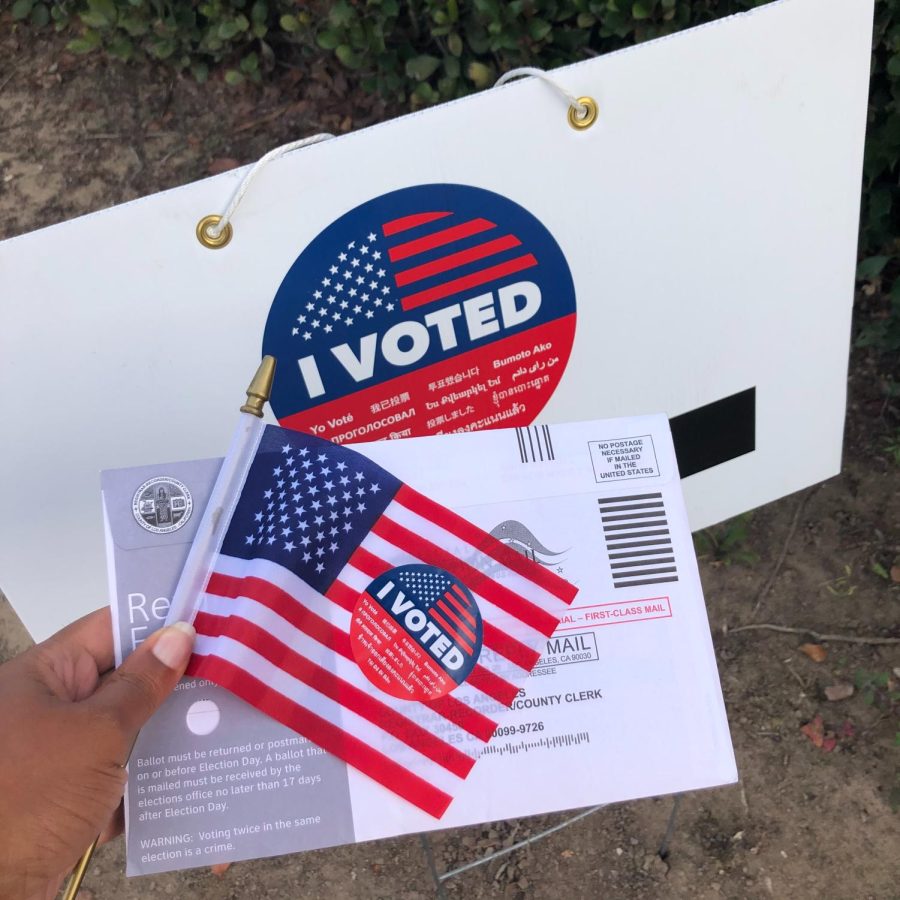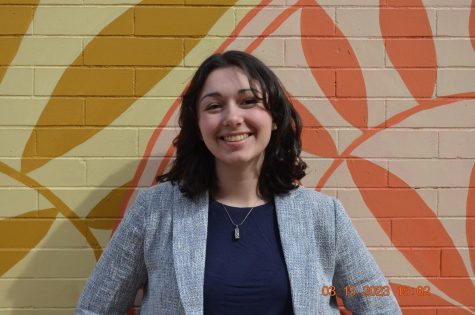Garnering a voter turnout of 60% of the eligible voting population, presidential elections are the most popular political voting periods. A lesser attended—but just as significant—election period is midterm elections.
With 435 seats in the House of Representatives and a third of Senate seats up for grabs, the upcoming midterm elections will determine the next two years of national politics.
Senior Libby Kamp registered to vote as soon as she turned 18. “It was important to me to register to vote because voting allows me to express my individuality and represent our democracy,” she said. “Voting allows citizens from all backgrounds to be counted and heard.”
With the current political climate in the United States, a diverse voter turnout is more important than ever. Parties used to try to gain votes by uniting people against common issues. Now they try to exploit divisions in the population, which leads to extreme views and ideological loyalty.
How have they done this? By making everything a political issue.
Jarrett Stepman, writer for right-wing media outlet The National Interest, believes pronoun usage is part of the socialist agenda. “It must be noted that it is increasingly common for socialists [at these events] to state their preferred pronouns after saying their name, a practice that’s clearly made its way into mainstream progressive politics,” he wrote.
The public has only exacerbated this issue by taking the words of politicians and the media–like those of Stepman– and mindlessly repeating them to others on social media platforms such as TikTok and Twitter.
Senior Khushi Mehta recognizes this trend. “With the polarization of politics, normal parts of life have become controversial topics,” Mehta said. “I see this a lot on social media. People will say they don’t have pronouns if asked because they think it’s ‘too liberal’ to respond.”
Pronouns are not the only non-political subject that have become a political issue.
Rather than uniting the country, COVID-19 increased political divides. Opinions pertaining to environmental conservation, global warming, vaccinations, and mask mandates are now reflective of party affiliation.
Mehta concluded with a reflection on American politics. “In the last few years, science is becoming more and more of a political stance. Whether this be the vaccination, global warming, or simply wearing a mask, as topics become part of political discourse, people seem to lose all rational thought,” Mehta continued. “They will often pick the side they are told to pick by their party and follow it blindly.”
Blind following is the last thing voters should do ahead of midterm election season.
In Iowa, a poll via Des Moines Register revealed the issues most pressing to voters. The top responses reflected national issues made contentious by politicians: inflation, abortion, education and gun policies, and health care.
Midterm elections will be held on Nov. 8. As House control hangs in the balance, voter education is more important than ever. Research and fact checking will help voters navigate the extremity and divisiveness of politics. The longevity of democracy rests in the hands of well-educated voters. For Iowans and Americans to influence issues important to them, they need to vote.
To all eligible citizens, get out and vote!









